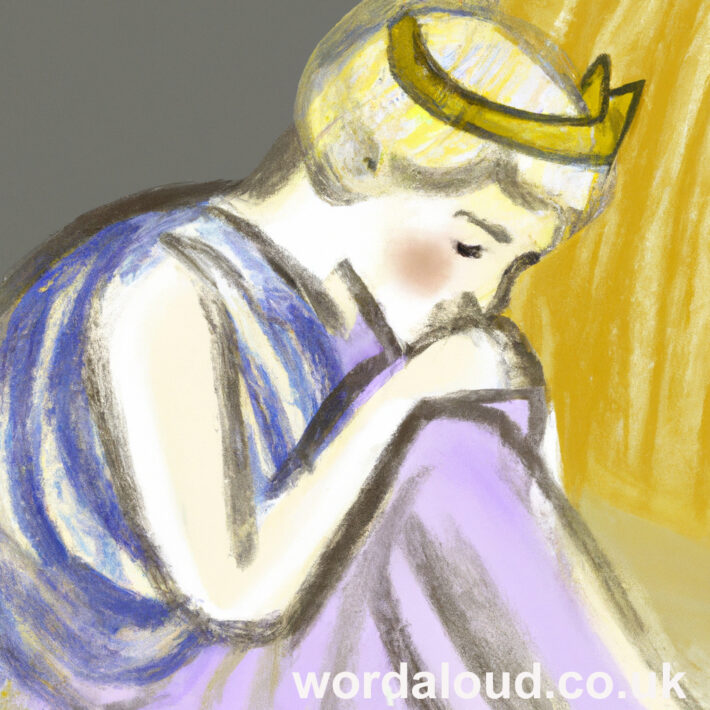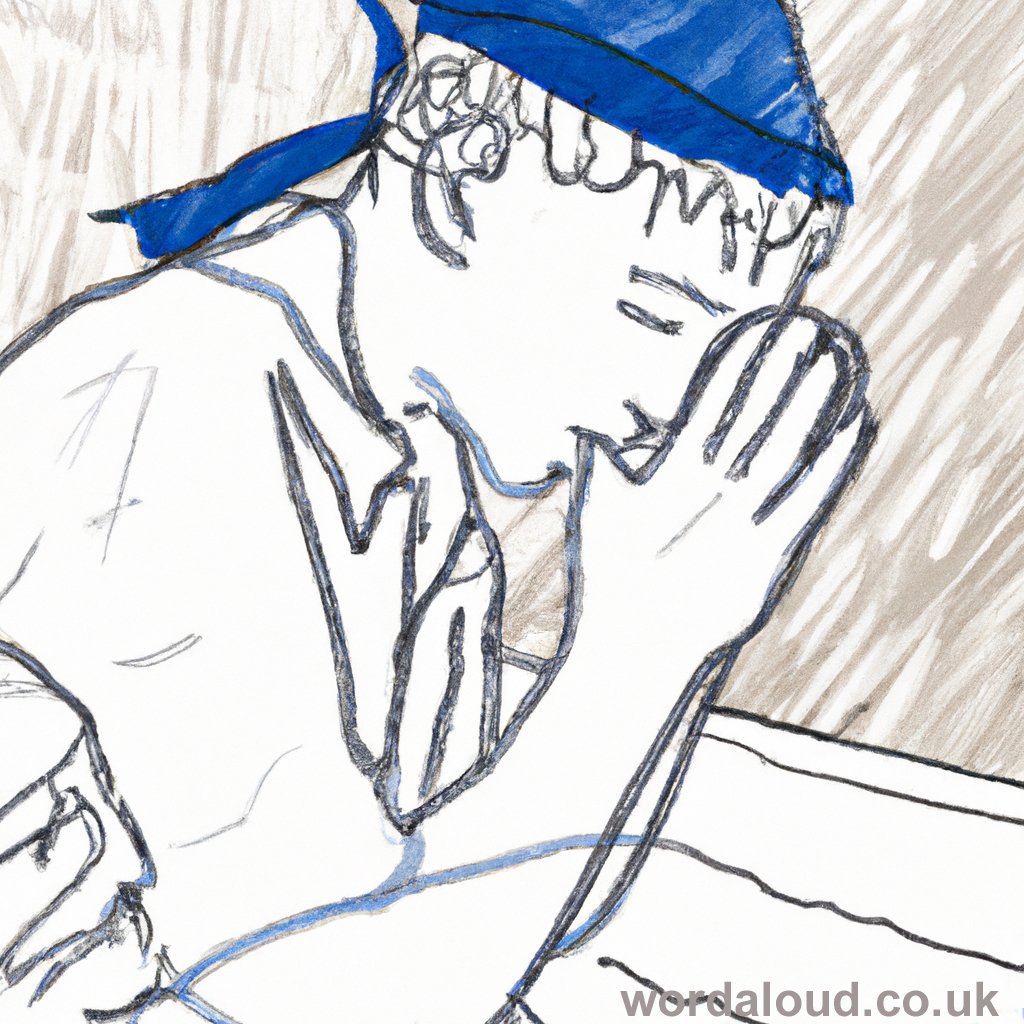Christian Art | Prayer With Jesus | Psalms | The Nations Called To Praise God | King David As A Boy | Audio KJV | Love Revealed By Jesus Christ | King James Audio Bible
Psalm 67 | King James Audio Bible
YouTube: Psalm 67 | KJV | King James Version | Audio Bible | Word Aloud
Psalm 67 expresses faith, supplication and universal adoration.
The psalm opens with a plea for divine mercy and blessings: ‘God be merciful unto us, and bless us; and cause his face to shine upon us; Selah.’ This opening verse sets the stage for what follows, a heartfelt entreaty for the light of God’s countenance to illuminate.
Psalm 67 expresses desire for God’s ways and saving grace to be known and celebrated among all nations. The psalm is an acknowledgment of the universal nature of God’s providence. The psalmist envisions a world in which an entire population unites in adoration and gratitude. ‘Let the people praise thee, O God; let all the people praise thee.’
The psalm depicts a world rejoicing in God’s righteousness. It invites all nations to share in this jubilation, highlighting God’s role as ultimate judge and governor of all nations. The psalmist confidently asserts, ‘O let the nations be glad and sing for joy: for thou shalt judge the people righteously, and govern the nations upon earth. Selah.’ This verse resonates with universal longing for justice and righteous leadership.
Psalm 67 emphasizes call for praise. It is a reminder that worship is not confined to a single group or community but is an offering of gratitude that transcends borders and languages. The psalm carries the vision of a bountiful earth, where God’s blessings cause the land to yield its increase.
The psalmist anticipates God’s benevolence and concludes with the affirming words, ‘God shall bless us; and all the ends of the earth shall fear him.’ These words express profound belief in the universal reach of God’s blessings and the transformative power of reverence.

Psalm 67 | King James Audio Bible KJV | Love Revealed By Jesus Christ
God be merciful unto us, and bless us; and cause his face to shine upon us; Selah.
That thy way may be known upon earth, thy saving health among all nations.
Let the people praise thee, O God; let all the people praise thee.
O let the nations be glad and sing for joy: for thou shalt judge the people righteously, and govern the nations upon earth. Selah.
Let the people praise thee, O God; let all the people praise thee.
Then shall the earth yield her increase; and God, even our own God, shall bless us.
God shall bless us; and all the ends of the earth shall fear him.
Key Themes Of The Psalm For Reflection | Love Revealed By Jesus Christ
- Divine Blessings: The psalm begins with an earnest plea for God’s mercy and blessings upon the people.
- Divine Illumination: The psalmist seeks God’s presence and asks for the divine light to shine upon the earth.
- Universal Praise: The psalm calls for people of all nations to praise God, emphasizing the universal nature of worship.
- Global Joy And Righteousness: There is a vision of a world where all nations rejoice in God’s righteousness and grace, underscoring the desire for a just and righteous world.
- God’s Governance: The psalm acknowledges God as the ultimate judge and governor of all nations, highlighting the divine role in global leadership.
- Abundant Harvest: The psalm expresses the hope that God’s blessings will result in a bountiful earth where the land yields its increase.
- Universal Reverence: The psalmist anticipates that all ends of the earth will come to fear and revere God, signifying the universal reach of faith.







